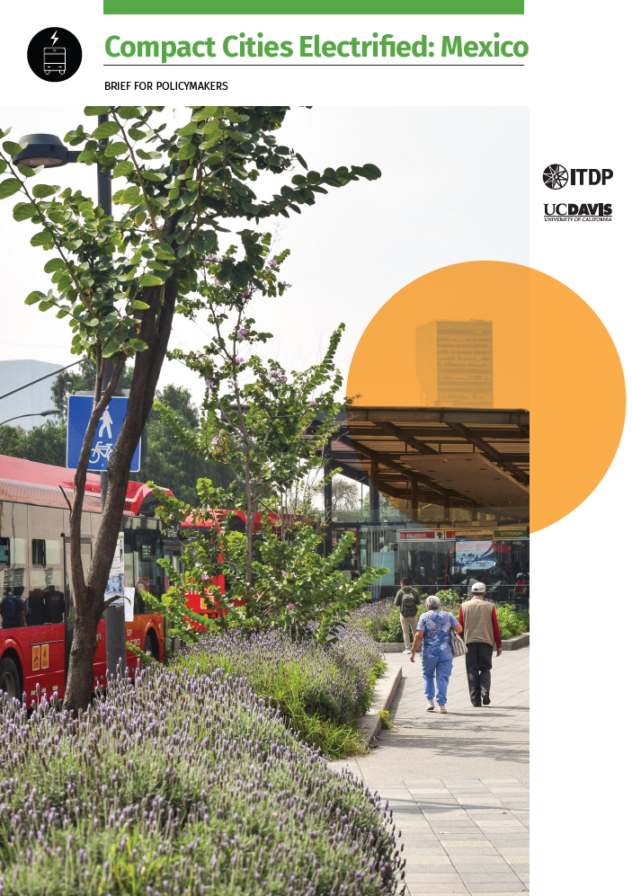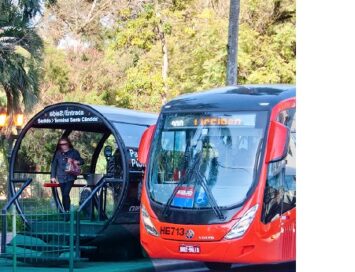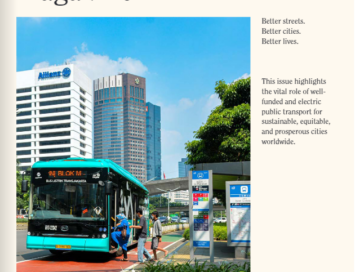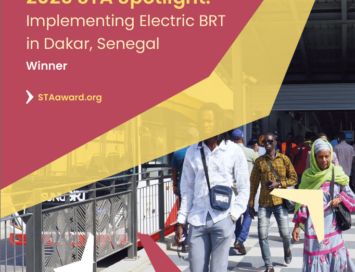Compact Cities Electrified: Mexico
About
Addressing the climate crisis will require rapid, sustained transformation in every country and every sector of industrial activity. In The Compact City Scenario – Electrified report, researchers from ITDP and the University of California, Davis (with support from the ClimateWorks Foundation) modeled the global changes that will be necessary to decarbonize urban passenger transport. The team found that only through vehicle electrification and modal shift combined can urban transport emissions be reduced enough to limit global warming to less than 1.5°C.
While this original report was both global and regional, ITDP has produced a series of country-specific Compact Cities Electrified reports that leverage local contexts and data to outline various regional scenarios for the future of urban transport.
The seventh report in the series takes a closer look at Mexico to identify four highly ambitious, but feasible, scenarios for the next few decades of Mexico’s urban transport sector.
Among the four scenarios — Business-As-Usual, High Electrification, High Shift, and Electrification + Shift — the brief finds that only an Electrification + Shift approach can help Mexico effectively reduce its urban transport emissions and help the country address the effects of the climate crisis.
Stay up to date on future releases on Twitter @ITDP_HQ and on ITDP’s LinkedIn.
Learn More
- Continue Reading on the ITDP Blog →
- Access “The Compact City Scenario Electrified” report →
- Watch “The Compact City Scenario Electrified” video below →
- Download the “The Compact City Scenario” infographic →
- Download “Compact Cities Electrified: Africa Region” →
- Download “Compact Cities Electrified: Brazil” →
- Download “Compact Cities Electrified: China” →
- Download “Compact Cities Electrified: Egypt” →
- Download “Compact Cities Electrified: India” →
- Download “Compact Cities Electrified: Indonesia” →
- Download “Compact Cities Electrified: United States” →
Interested in learning more about this research or have a press inquiry? Email us at [email protected].




